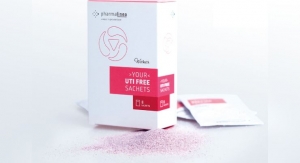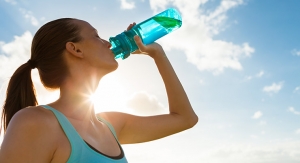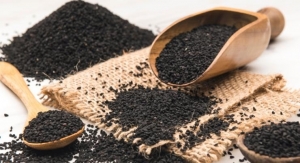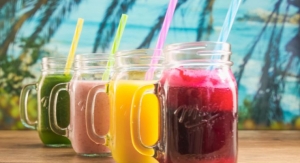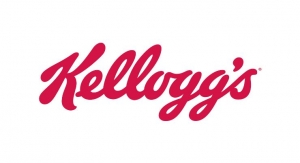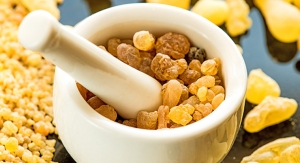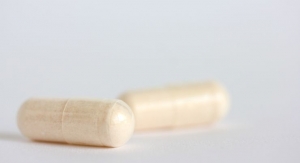Patrick Morris, Fortitech03.15.12
It’s interesting to see what types of products, along with specific nutrients, resonate with consumers when you have the opportunity to travel to different parts of the world. I just attended GulFood/Ingredients Middle East in Dubai and, in addition to seeing the trends at the show, I had the opportunity to visit a few of the local supermarkets. Based on my observations, the areas of weight and diabetic management, along with products that aid in boosting one’s immunity were among the most popular with consumers. The one claim that was truly prevalent in this area of the region was: “suitable for vegetarians.”
Within the weight management area, cereals, bars and beverages were the most popular, although I did come across a chewing gum as well. The concept of fiber as it relates to “satiety” wasn’t really evident, versus products that aid in “burning fat” (the phrase “increases metabolism” was not apparent among label claims in this category). Nutrients being called out for their “fat burning” abilities included L-carnitine, guarana extract, green tea extract and chromium. Interestingly, while many products claimed to help “manage weight,” there was no explanation as to how this was achieved.
Among products aimed at diabetics, fiber was more prominent, along with phrases appearing on labels such as “low sugar,” “sugar free” and “low glycemic index.” Products spanned almost all categories, but were most notably in bakery/cereals/bars and spreads; and Almond Milk seemed quite popular within the beverage area. Sweeteners included stevia, sucralose and maltitol.
Outside of infant nutritional products, the concept of immunity looked as though it was aimed mostly at children, with cereals and “growing up milk” as the primary vehicles aimed at boosting immunity (along with cognitive development). B vitamins were, for the most part, incorporated into these products, along with vitamin C. The products I saw that were more universal, in terms of the demographic they were addressing, were drinking yogurts with both pro- and prebiotics, juices and several confectionery and effervescent supplement products that contained Echinacea.
In addition to these products, many powdered drink mixes called out their immune-boosting ability, but interestingly, that claim was hinged on the fact that they contained vitamin C. The all-in-one powdered beverage stick pack that we sampled at our stand was of particular interest because it contained more than 12 ingredients, which included vitamins, minerals, flavor, coloring and a sweetener. More information on this can be found by visiting www.fortitech.com/beverage.
Within the weight management area, cereals, bars and beverages were the most popular, although I did come across a chewing gum as well. The concept of fiber as it relates to “satiety” wasn’t really evident, versus products that aid in “burning fat” (the phrase “increases metabolism” was not apparent among label claims in this category). Nutrients being called out for their “fat burning” abilities included L-carnitine, guarana extract, green tea extract and chromium. Interestingly, while many products claimed to help “manage weight,” there was no explanation as to how this was achieved.
Among products aimed at diabetics, fiber was more prominent, along with phrases appearing on labels such as “low sugar,” “sugar free” and “low glycemic index.” Products spanned almost all categories, but were most notably in bakery/cereals/bars and spreads; and Almond Milk seemed quite popular within the beverage area. Sweeteners included stevia, sucralose and maltitol.
Outside of infant nutritional products, the concept of immunity looked as though it was aimed mostly at children, with cereals and “growing up milk” as the primary vehicles aimed at boosting immunity (along with cognitive development). B vitamins were, for the most part, incorporated into these products, along with vitamin C. The products I saw that were more universal, in terms of the demographic they were addressing, were drinking yogurts with both pro- and prebiotics, juices and several confectionery and effervescent supplement products that contained Echinacea.
In addition to these products, many powdered drink mixes called out their immune-boosting ability, but interestingly, that claim was hinged on the fact that they contained vitamin C. The all-in-one powdered beverage stick pack that we sampled at our stand was of particular interest because it contained more than 12 ingredients, which included vitamins, minerals, flavor, coloring and a sweetener. More information on this can be found by visiting www.fortitech.com/beverage.

